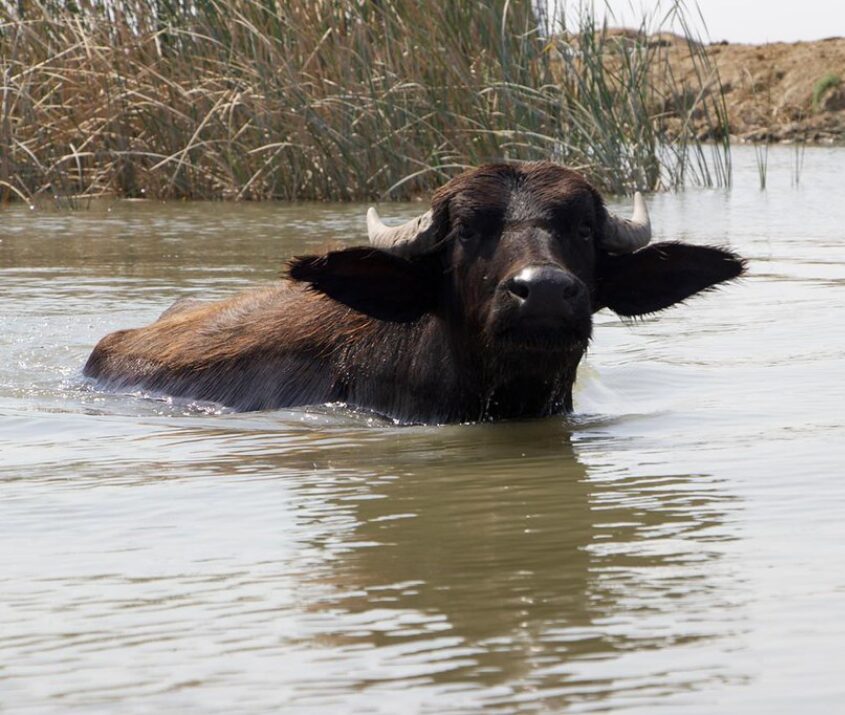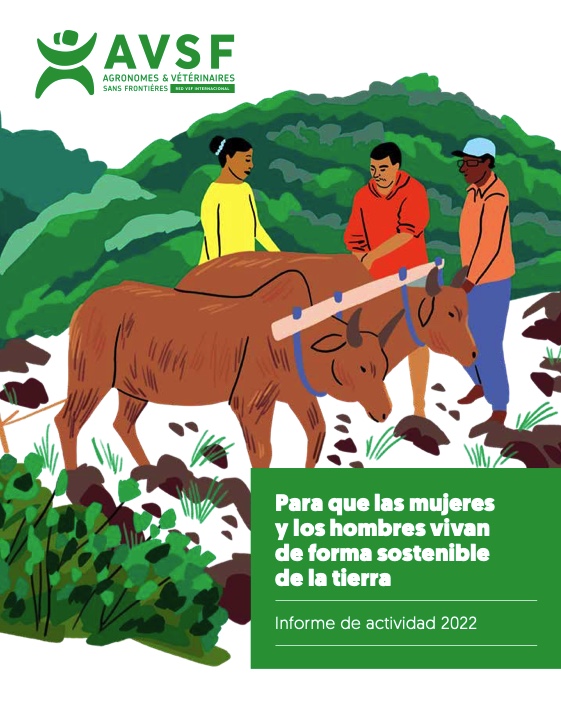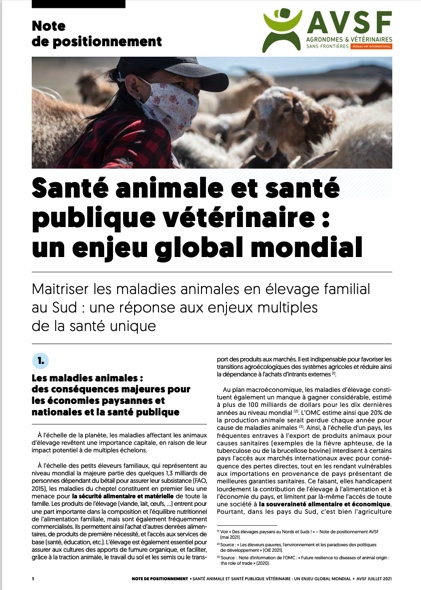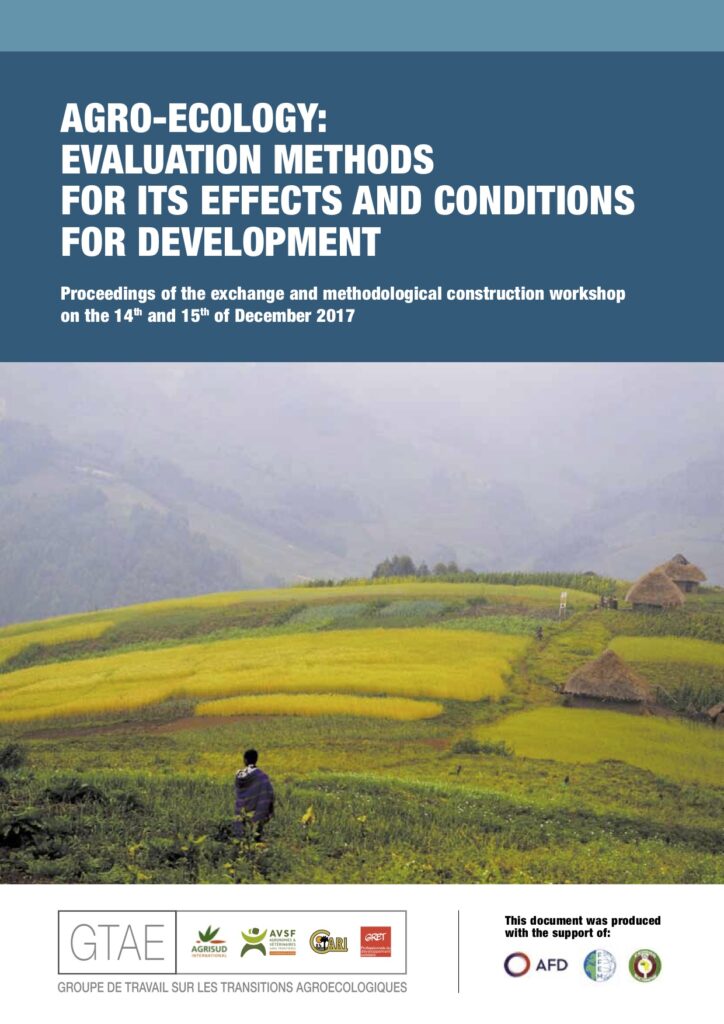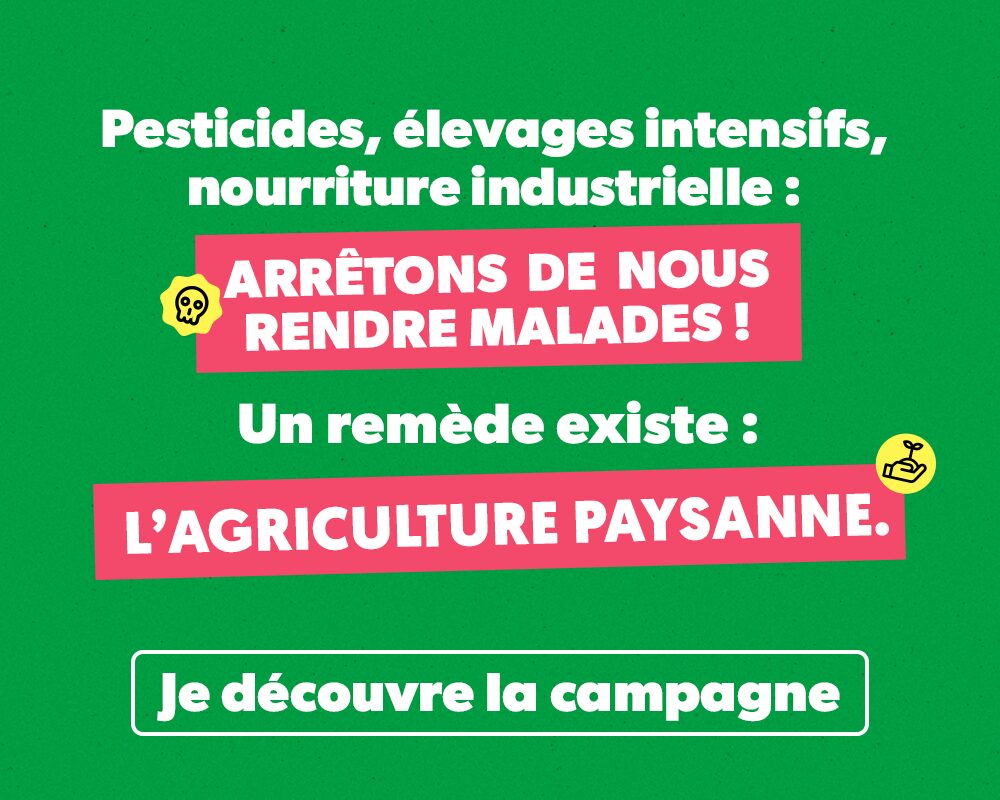In southern Iraq, the wetlands at the confluence of the Tigris and Euphrates rivers are a UNESCO biodiversity heritage site. Its population, the Marsh Arabs or Maadan, suffered destruction and persecution under the regime of Saddam Hussein, who completely drained the marshes in the 1980s and 1990s. For these people, who have lived for millennia from fishing and, above all, raising water buffalo to produce milk and meat, the losses were considerable. With the fall of Saddam’s regime in 2003, the marshes were finally partially re-founded, but the sustainability of these activities remains compromised by the deterioration in socio-economic and environmental conditions and the lack of organisation among farmers and fishermen.
Through the Sumarian Marshes pilot project initiated in 2022, AVSF is helping to meet a triple challenge:
- Improving access to animal health services and animal husbandry practices;
- improving working practices and conditions for fishermen;
- helping to build the professional capacity of Iraqi civil society to promote environmental protection and adaptation to climate change.
Since May 2022, 400 livestock farmers living in a marshland area have benefited from mobile animal health services provided by a dedicated and equipped veterinary ambulance boat, as well as technical support to improve their water buffalo breeding and fishing practices.
In November 2022, in collaboration with FEVEC (Fédération des Eleveurs et Vétérinaires en Convention), AVSF organised a technical assistance and training mission for public and private veterinarians in the project area, led by Dr Rémy de Sousa and Dr Hervé Petit.
AVSF is working together with all the stakeholders (private vets, public veterinary services and livestock farmers) to make the project sustainable and enable families living in the area to benefit from a high-quality mobile health service in the long term.
